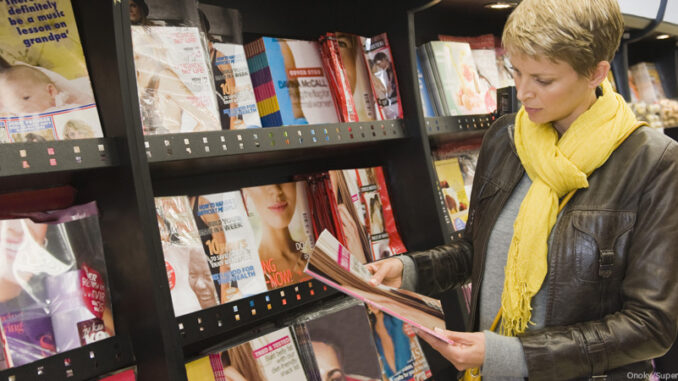
Between January 7 and 9, two armed gunmen stormed the offices of the satirical publication called Charlie Hebdo, located in a high-traffic area of central Paris. Two days later, a third gunman took hostages in a grocery store, demanding the release of his associates. Seventeen people were killed in total, making it the deadliest terror attack in France in 50 years. Amid the swirl of information that has been released, btw breaks it down.
Background
The Newspaper Charlie Hebdo’s history goes back to 1960. It began as a monthly magazine called Hara-Kiri. The name was changed in 1970 as a way to avoid a ban it received following a cover that satirized the death of French President Charles de Gaulle. It is named for Charlie Brown (as well as de Gaulle) and hebdomadiare, (a shortening of the French word for “weekly”).
It stopped publishing in 1981 and was revived in 1991 in reaction to the Gulf War. Charlie Hebdo has generated a lot of controversy over the years for its irreverent portrayals. The magazine has particularly inflamed Muslims for its characterizations of Muhammad (also spelled Mohammad), the most sacred figure in Islam.
In 2011, Charlie Hebdo‘s Web site was hacked and offices firebombed. In 2012, police surrounded the offices to protect it from retaliation in the wake of an anti-Islamic film that authorities originally believed was the trigger for the attacks on the American embassy in Benghazi. (This was later disproved). Editor-in-Chief Stephane Charbonnier was living under police protection following death threats.
The Attackers Brothers Said and Cherid Kouachi and their associate Amedy Coulibaly were Islamic extremists associated with the al-Qaeda in the Arabian Peninsula network. The elder brother Cherid spent 18 months in jail beginning in 2008 for his participation in sending militants to fight in Iraq. Said trained with al-Qaeda near Yemen. Their friend Coulibaly, has a lengthy criminal record and met Cherif in prison.
The Attacks
On January 7, Kouachi brothers stormed the Charlie Hebdo offices. They killed a maintenance worker before barging into an editorial meeting and opening fire, killing the newspaper’s editor, his police bodyguard, seven journalists and a guest. Other workers fled to the building’s roof, where some were able to record the incident. The gunmen fled the scene, stopping to kill a police officer on the street.
The next day, the Kouachi brothers led authorities on a high-speed pursuit through northeastern France. Meanwhile, a third gunman Amedy Coulibaly (later linked to the attackers) shot two people in a Paris suburb, including a policewoman. On the morning of January 9, the fugitives took refuge in the building owned by a printing company. A force of French military personnel surrounded the building. After an eight-hour stand-off, the brothers, who said they would die “martyr deaths” (someone willing to die for their beliefs), walked out of the building and were shot by officers. At the same time of the standoff, Coulibaly held several people hostage inside of a supermarket on the east side of Paris, threatening to kill them if the Kouachi brothers were not allowed to go free. Special forces eventually stormed the supermarket. Bodies of four dead hostages were found. Coulibaly’s partner Hayat Boumeddiene fled and is still at large. Authorities believe that she has sought refuge in Syria.
Response
An hour after the attack, British journalist Joachim Roncin posted an image with the words Je Suis Charlie (French for “I Am Charlie”). It quickly went viral, re-tweeted more than 600,000 times that day and has become a rallying cry of support. The leaders of many countries, including the United States, have publicly condemned the attacks and pledged support to France. Mass demonstrations and vigils have been held in Paris and throughout Europe and then around the world. Muslims spokesmen around the world have renounced the attacks calling extremism, “an affront to Islam.”
